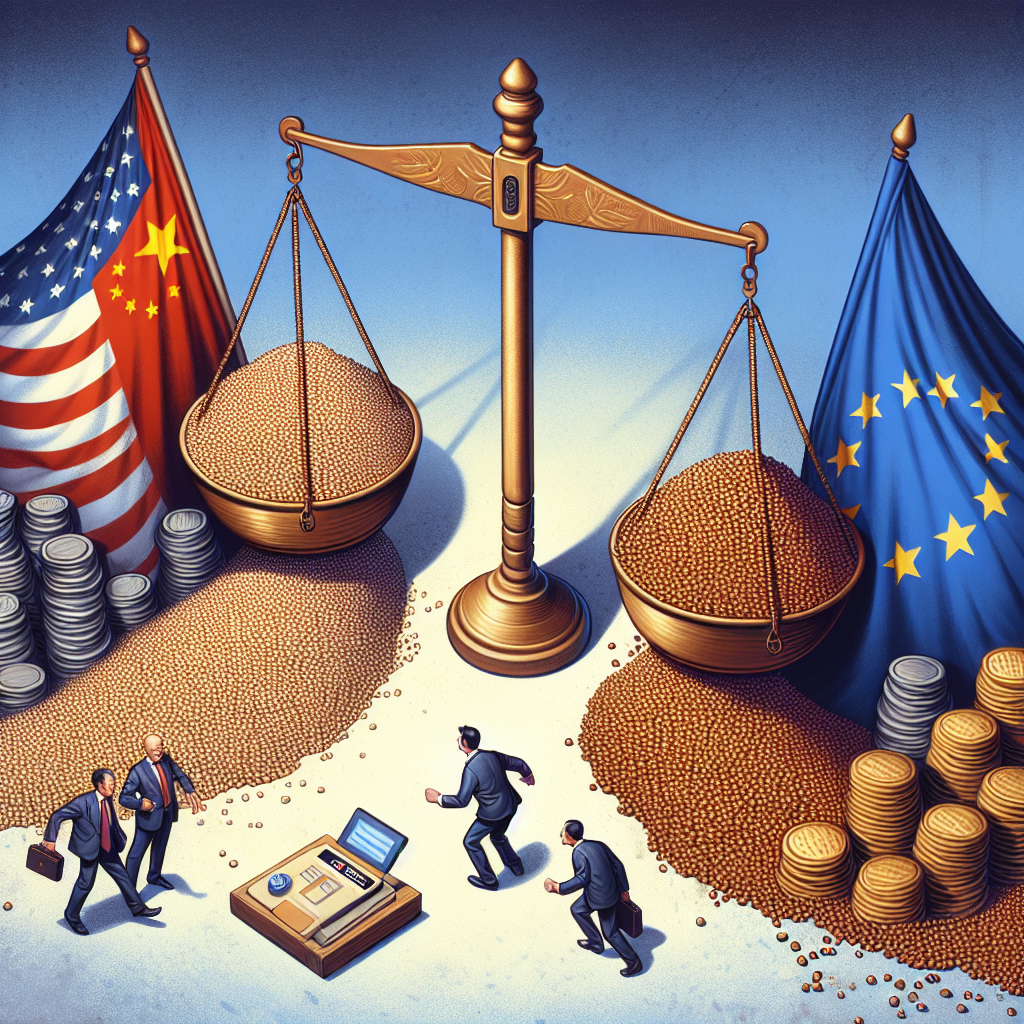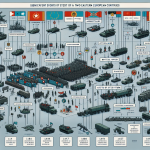Soya Beans: The Hidden Leverage of China and the EU in Trump’s Trade Wars?
Soya Beans: The Hidden Leverage of China and the EU in Trump’s Trade Wars
Introduction
The global trade landscape has been significantly impacted by the trade wars initiated during the Trump administration. Among the various commodities caught in the crossfire, soya beans have emerged as a critical point of leverage for both China and the European Union (EU). This summary explores how these agricultural products have become a strategic tool in international trade negotiations.
The Role of Soya Beans in Trade Wars
Soya beans, a major agricultural export of the United States, have become a focal point in the trade disputes due to their economic and political significance.
- Economic Impact: The U.S. is one of the largest producers of soya beans, making it a vital component of its agricultural exports.
- Political Leverage: Soya beans are predominantly grown in states that supported Trump, making them a strategic target for trade partners looking to exert pressure.
China’s Strategic Moves
China, as the largest importer of U.S. soya beans, has utilized its purchasing power to influence trade negotiations.
- Tariffs and Retaliation: In response to U.S. tariffs, China imposed its own tariffs on soya beans, significantly reducing imports from the U.S.
- Alternative Sources: China has increased imports from other countries like Brazil, diversifying its supply chain and reducing dependency on U.S. exports.
The EU’s Position
The European Union has also played a role in the soya bean trade dynamics, albeit in a different manner than China.
- Increased Imports: The EU has increased its imports of U.S. soya beans, partially offsetting the decline in Chinese purchases.
- Diplomatic Leverage: By adjusting its import patterns, the EU has positioned itself as a key player in the trade negotiations, potentially gaining concessions in other areas.
Conclusion
Soya beans have become an unexpected yet powerful tool in the trade wars initiated by the Trump administration. Both China and the EU have leveraged their import strategies to exert influence and gain advantages in broader trade negotiations. This situation highlights the intricate connections between agriculture and international diplomacy, demonstrating how seemingly simple commodities can have far-reaching impacts on global trade dynamics.













